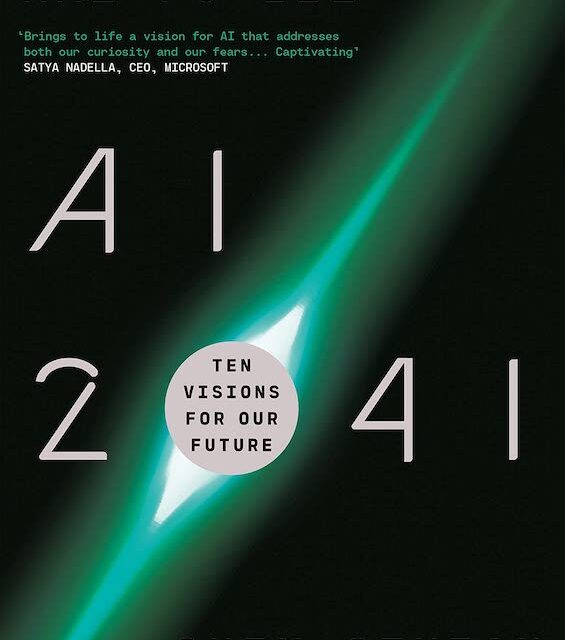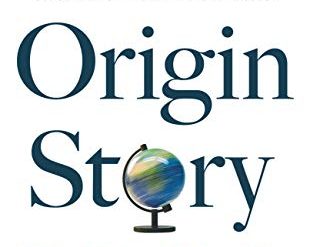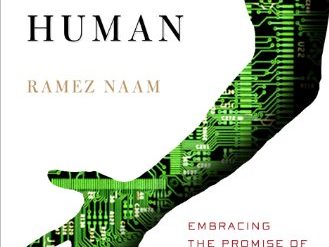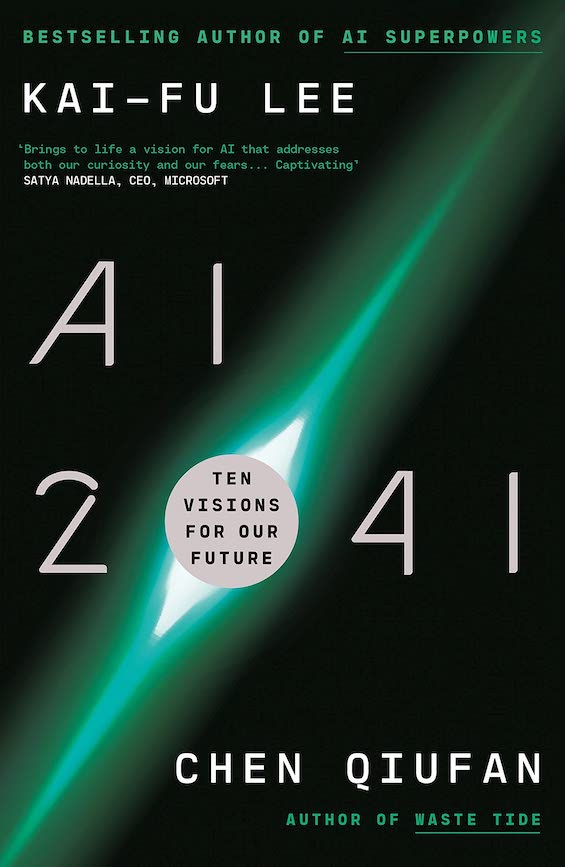
We can’t look back at our time from the perspective of the 22nd century. But if we were able to do so, it seems likely that one of the dominant phenomena we would observe in our era is the emergence of artificial intelligence. Few developments in science and technology have caused both more hope and more consternation than AI. But for most of us the debate that rages about the prospect of intelligent machines is shrouded in the fog of jargon. Despite a torrent of books about AI, few of us can claim to understand—really understand—how it works and what its potential holds for our lives.
A tag-team view of the future
In response, Kai-Fu Lee, one of the world’s leading experts on artificial intelligence, has teamed up with China’s most honored young science fiction author to show us in plain language what our future might be like. In ten short SF stories and Lee’s accompanying analyses, AI 2014 portrays the challenges humanity seems likely to face twenty years in the future. They present a picture that is at once hopeful and sobering.
The issues Lee and Chen explore run the gamut of our principal preoccupations about AI. They posit breakthroughs in fields as diverse as healthcare and gaming. At the same time, the authors project massive problems with unemployment, which has been a central theme in our fears of automation for nearly a century. And they envision an even more daunting challenge. “Left unchecked,” Lee writes, “AI in the twenty-first century may bring about a new caste system, with a plutocratic AI elite at the top, followed by a relatively small subset of workers with complex jobs that involve wide-ranging skill sets and large amount of strategy and planning . . . and the largest subset: the powerless struggling masses.” It’s a troubling but balanced view of artificial intelligence.
A realistic appraisal of AI’s future
As Kai-Fu Lee asserts in the book’s introduction, “I believe there are many exciting applications and scenarios in which AI can profoundly enhance our society. Firstly, AI will create tremendous value . . . $15.7 trillion by 2030—which will help reduce hunger and poverty. AI will also create efficient services that will give us back our most valuable resource—time. It will take over routine tasks and liberate us to do more stimulating and challenging jobs. . . The profound contributions AI is poised to make to humanity need to be explored as deeply as its challenges.” But there is nothing fanciful in Lee’s view of artificial intelligence. “This book is based on realistic AI,” he writes, “or technologies that either already exist or can be reasonably expected to mature within the next twenty years. . . [T]hink of AI 2041 not as ‘science fiction’ but as ‘scientific fiction.'”
AI 2041 by Kai-Fu Lee and Chen Qiufan (2021) 481 pages ★★★★☆
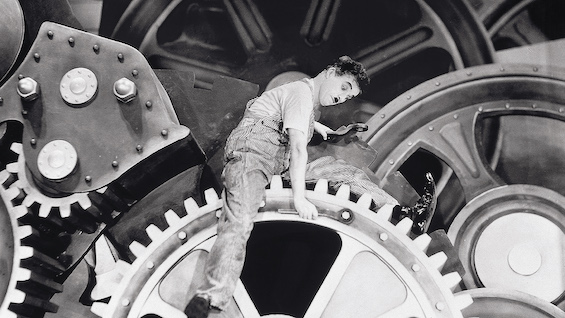
Ten cities, ten stories
Each of the ten scenarios is set in a different city: Mumbai, India; Lagos, Nigeria; Seoul, South Korea; Shanghai, China; Tokyo, Japan; Colombo, Sri Lanka; Keflavik, Iceland; San Francisco, USA; an artificial island in Qatar; and Brisbane, Australia. Chen does a credible job of creating the impression that he knows these places well.
None of the ten stories in AI 2041 seems destined to win any literary awards. They’re translated from Chinese and may have lost something in the process. But a more likely explanation for the stories’ lack of appeal seems to be that Lee and Chen devised them to prove a series of points. And that’s always a perilous undertaking in fiction.
However, Kai-Fu Lee’s commentaries that appear at the conclusion of each story are compelling. They give the book heft and substance. And they reflect the same discerning mind he displayed in his superb earlier book, AI Superpowers: China, Silicon Valley, and the New World Order.
Is the singularity twenty years down the line?
Many scientists involved in AI research have speculated—some have even claimed with certainty—that before the middle of this century we will witness the emergence of Artificial General Intelligence (AGI). That’s the point at which, they assert, machines will overtake human intelligence, a phenomenon they term the singularity. Kai-Fu Lee makes his position clear: “I don’t believe it will happen by 2041. There are many challenges that we have not made much progress on or even understood, such as how to model creativity, strategic thinking, reasoning, counter-factual thinking, emotions, and consciousness.”
About the authors
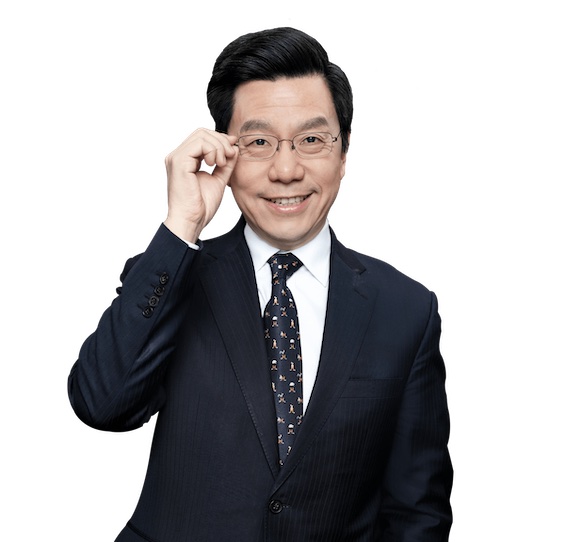
Taiwanese computer scientist, businessman, and author Kai-Fu Lee was born in 1961. He attended high school in the United States and followed that with degrees from Columbia and Carnegie-Mellon Universities. For his PhD thesis at Carnegie Mellon, he developed an innovative speech recognition program. He has worked for Apple, Google, and Microsoft, among other firms. In addition to AI 2041 and AI Superpowers, he has written seven nonfiction books published in China. Lee currently lives in Beijing.
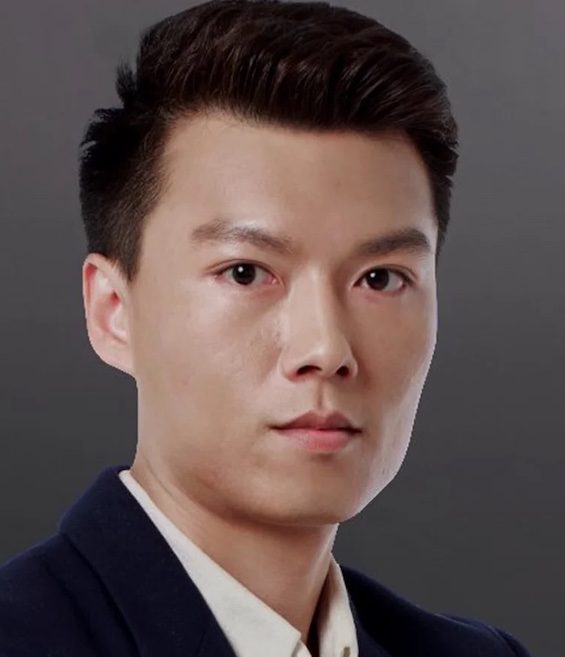
Chen Qiufan is an award-winning Chinese science fiction author, columnist, and scriptwriter. He has written one novel and a number of short stories published in Chinese as well as collaborating with Kai-Fu Lee on AI 2041. The two met years earlier when both worked at Google. Chen has won twelve Nebula Awards for Science Fiction and Fantasy in Chinese.
For more reading
Be sure to check out Kai-Fu Lee’s earlier book, AI Superpowers: China, Silicon Valley, and the New World Order (The best book about artificial intelligence I’ve read so far).
You might also be interested in:
- 30 good books about artificial intelligence reviewed here
- 20 good nonfiction books about the future (plus lots of science fiction)
- 5 best books about Silicon Valley
- 10 best books about innovation
And you can always find my most popular reviews, and the most recent ones, plus a guide to this whole site, on the Home Page.

